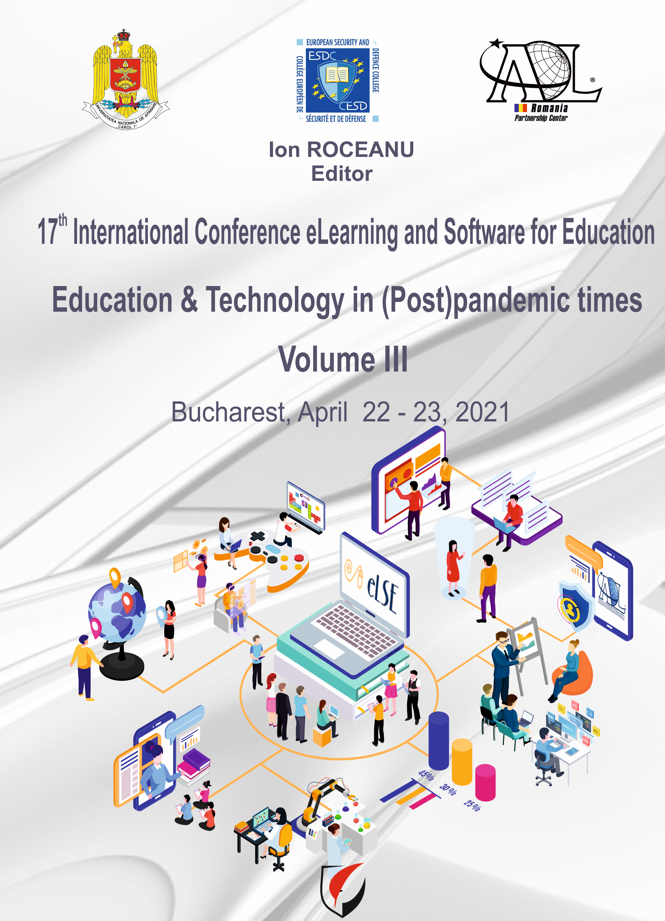INDUSTRY-SPECIFIC TRANSLATORS TRAINING IN BUSINESS FIELD: CASE STUDY OF THE NON-LINGUISTIC UNIVERSITY
INDUSTRY-SPECIFIC TRANSLATORS TRAINING IN BUSINESS FIELD: CASE STUDY OF THE NON-LINGUISTIC UNIVERSITY
Author(s): Nadezhda Paskova, Svetlana Voronova, Natalia Sivtseva, Irina ShilnikovaSubject(s): Business Economy / Management, Vocational Education, Translation Studies
Published by: Carol I National Defence University Publishing House
Keywords: lifelong learning; translators training; vocational learning; business translation teaching;
Summary/Abstract: The article discusses the issues of industry-specific translation training in the sphere of business at a non-linguistic educational institution. First of all, the urgency of designing innovative vocational translation courses, meeting the requirements of the rapidly changing world, is grounded by the authors. It is based on the necessity of implementing the principles of Bologna process, namely, of the principle of Lifelong Learning (LLL). Then, the authors present literature reviews necessary for conducting the research which state that business discourse is considered as part of economic discourse and describe its main characteristics that should be taken into account while teaching and training students-translators. In order to illuminate peculiarities and problematic issues connected with translators training the authors investigate specific features of business translation, such as translation of proper names, addresses, names of the companies and their products, companies legal forms, etc., and some translation techniques used to cope with the existing problems. Finally, the vocational training program "Translator in the Sphere of Professional Communication" implemented at the International Institute of Economics and Linguistics of Irkutsk State University is described, including the professional competences to be formed, subjects aimed at the development of students' translation skills, methods of control and assessment, etc. It is argued that such programs are rational and justified by the fact that the students have better prerequisites for being competent translators due to having special economic and business knowledge, and its graduates meet the needs of the modern labour market including the development of their hard and soft skills.
Journal: Conference proceedings of »eLearning and Software for Education« (eLSE)
- Issue Year: 17/2021
- Issue No: 03
- Page Range: 55-64
- Page Count: 10
- Language: English

